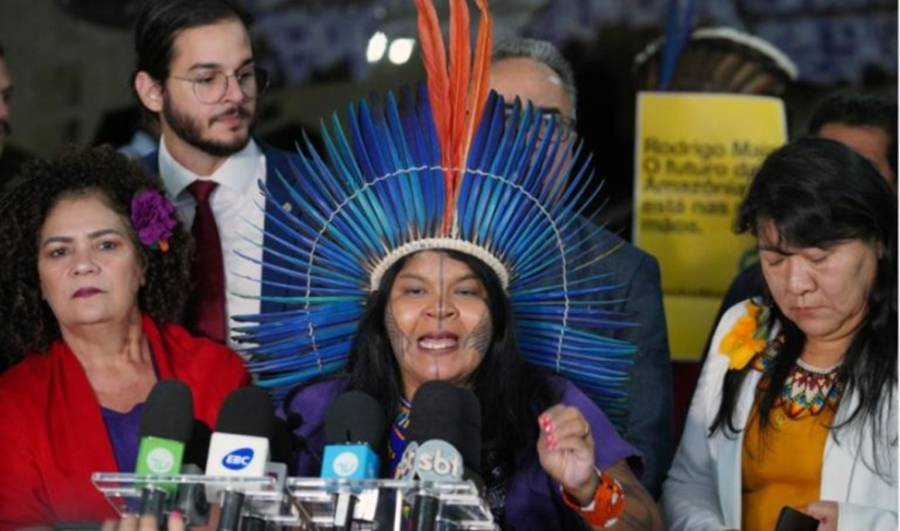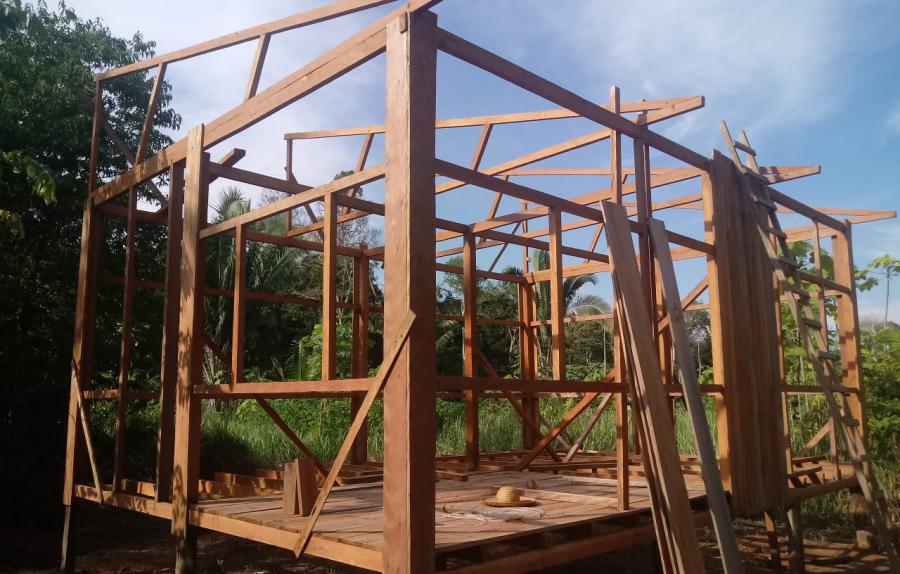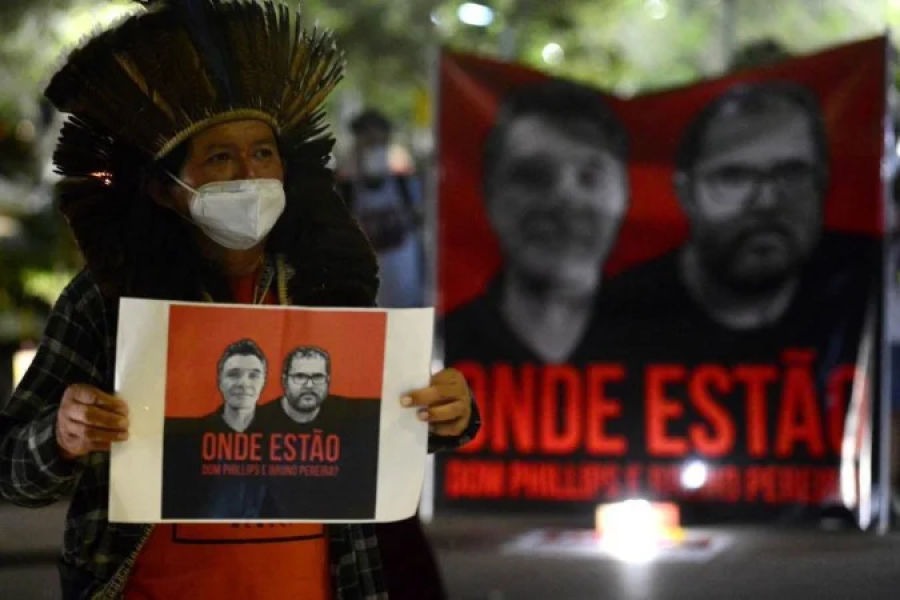On March 19, Brazilian Interior Minister Ronaldo Costa Couto took the country's indigenists and the staff of FUNAI by surprise; the previous night he had signed Decree no. 92.470, authorizing the decentralization of FUNAI and transferring its major functions-notably those of identifying and demarcating indigenous lands for reservations, and making decisions about exploitation of natural resources on indigenous lands-to regional offices. This hastily drafted document, published without prior notice or public discussion, decreed that FUNAI would be divided into six regional superintendencies. Five of these superintendencies were to be located in the capitals of the three principal Amazonian states, Manaus, Belem and Cuiabá, and the coastal state capitals of Curitiba and Recife. The location of the sixth superintendency was not yet determined when the decree went to press (though it was later divulged that it would be for the Upper Zingu). A small policy-making central administration would remain in Brasilia, but with the option of moving to the seat of one of the regional superintendencies should it be deemed convenient.
Under the decree, the regional centers administer all programs, including not only medical and educational assistance but also "survey and use of all natural resources existing on indigenous lands" and "identification, demarcation and regularization of indigenous lands." Specific control of this later program falls under the ill-defined "technical coordination" of a small central office of "land affairs" in the presidency, whose function apparently is to transmit proposals concerning land from the regional superintendencies to the president.
It is the transfer to local authority of these last two functions - making decisions on exploitation of resources and on the establishment and alteration of reservations for indigenous groups - that has aroused the alarm of all indigenous support groups in Brazil. Local authority over these two extremely sensitive functions will expose both functions to a high level of political pressure from the forces most inimical to indigenous peoples - the large landowners and mining and lumbering operations whose strongest political influence is precisely at the level of state and local politics. Conversely, as the government itself argued in paid newspaper texts on March 20, justifying the decree and transfer of power, decentralization would help shield FUNAI from the pressures of "indigenists, anthropologists, religious confessions" and other groups acting in support of indigenous rights. Indeed, all of the new superintendencies are to be located in cities without strong indigenous support groups.
The government strongly denies that this decentralization amounts to a new effort to carry out the estadualizaçao - turning FUNAI powers over to the states - that was attempted a few years ago; but this rapidly executed recent maneuver resembles quite closely in many respects the transfer of responsibility to the states which the government a few years ago desisted from in the face of strong national and international criticism. It is virtually inevitable that state governors, who have consistently opposed indigenous interests with respect to such questions as land and mining, will exercise strong influence in the appointment of the heads of these local superintendencies.
The abrupt publication of the decree also took by surprise the members of a special interministerial commission, who had been appointed just four weeks earlier, on February 17, to study the restructuring of FUNAI. The commission members had been given 90 days to make recommendations for restructuring FUNAI, and had not yet formed a quorum when the decree was signed. Apoena Meireles, the new president of FUNAI and a strong backer of decentralization, had in fact led some commission members to believe that the government's proposal was wholly uncontroversial.
The decentralization decree follows closely Apoena Meireles' and his predecessor, Alvaro Villas Boas', dismantling of an organization within FUNAI which was effectively carrying out one of FUNAI's most important uncompleted tasks, the identification of indigenous lands in Brazil in order to propose reservations for all indigenous groups. Alvaro Villas Boas' dismissal, in September and October 1985, of 27 indigenists brought to a close a period of unprecedented rejuvenation for FUNAI. For 15 months, beginning about June 1984, a well-organized process to identify indigenous land and propose reservations for all indigenous peoples in Brazil, was underway. Anthropologists and indigenists were invited from outside FUNAI to participate in this effort and supplement FUNAI's meager resources of funding and personnel. 1985, when Alvaro Villas Boas dismissed or transferred from their posts most of the principal FUNAI personnel in this effort.
The decentralization just ordered will almost certainly paralyze any further effort of FUNAI to carry out its legally mandated task of establishing reservations for all indigenous peoples of Brazil. Located in state capitals, the regional superintendencies will not be able to hire easily or quickly the trained cartographic and anthropological personnel needed to carry out the adequate definition and demarcation of a reservation. More importantly, they will face far more intense political pressures to reduce or eliminate reservations than is now the case. With sole responsibility for decisions on use of indigenous natural resources assigned to these regional superintendencies, mining and lumbering companies have virtually a free hand to gain access to the timber and mineral resources of indigenous reservation land. As PORANTIM, the journal of a Catholic Missionary Council, which works with Indian peoples, opened its commentary on the edict, "The Indians better watch out, because FUNAI has been regionalized".
Article copyright Cultural Survival, Inc.



